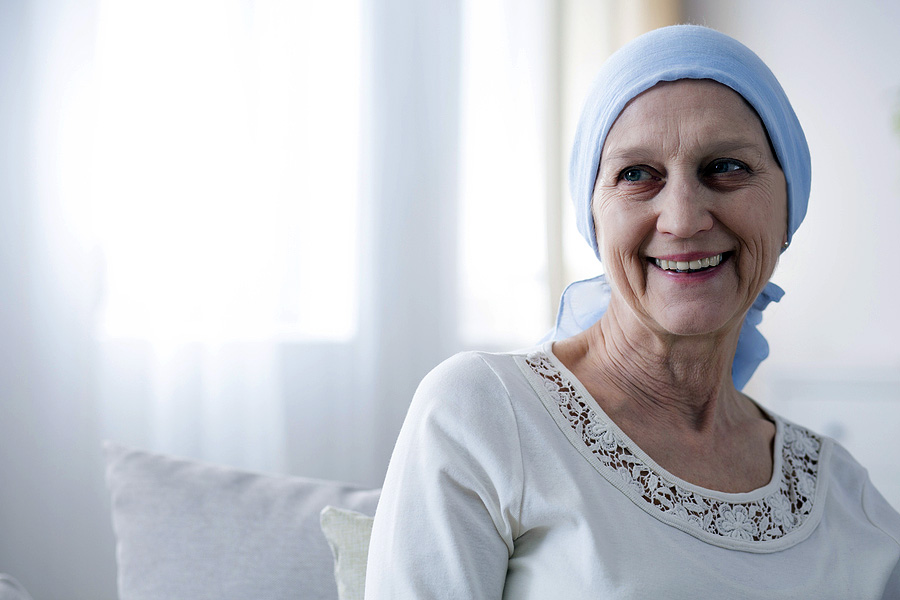The risks of developing cancer tend to rise with age, and breast cancer is no different. Women aged 70 and older have a 1 in 24 chance of developing breast cancer at some point, according to the National Cancer Institute. Although uncommon, men can also get breast cancer. And, it is much more likely for men to develop it in their twilight years. Below, we will discuss some important information regarding breast cancer treatment and screenings for older women.
Breast Cancer Risks in Older Women
With the average diagnosis age being 62, older women are much more likely to be diagnosed with breast cancer than younger women. Over 20% of breast cancer patients are over the age of 70. Because of this, it becomes increasingly vital to remain vigilant with age. Regular screenings with your physician can help you catch potential lumps early.
Challenges with Chemotherapy in Older Adults
When treating cancer, there is always a balancing act of treatment versus side effects. Chemotherapy can take a lot out of the patient. For aging individuals, the risk factors are higher. With age, treatment-related side effects can have a greater impact on the patient’s health and well-being. In many cases, hormone-blocking treatments may be effective. These can be done instead of or in tandem with chemotherapy.
Mastectomies and Breast Cancer Tumors
One way doctors approach breast cancer treatment is through a mastectomy. This is not always the most effective course of action. Sometimes, a lumpectomy is recommended instead. A lumpectomy removes a section of the breast relative to the lump, as opposed to the whole breast. Often, this depends on the size of the lump relative to the size of the patient’s breast. If the cancer is more invasive or malignant, a mastectomy is more likely. There are also cases where chemotherapy can reduce a likely mastectomy to a lumpectomy.
Is Invasive Breast Cancer Fatal After 70?
While cancer is never a good diagnosis, it is treatable. Because breast cancer is hormone receptor-positive, it is generally slower-growing in older individuals. As a result, the survival rate is pretty positive. Successful treatment is likely, especially if caught earlier.
Care at Home
When dealing with a cancer diagnosis and the treatment that comes after it, you may need additional help at home. In-home care can help you with your daily needs, such as meal preparation, hygiene care, and traveling to doctor’s appointments. Cancer treatments can often leave people weak and out of energy. Having a home health aide to provide the necessary care in your time of need can be incredibly beneficial to recovery efforts.
Safe Harbor Healthcare Services does not provide medical, healthcare, or financial advice via articles. This material has been prepared for informational purposes only. It is not intended to provide, and should not be relied on for advice.
Safe Harbor Healthcare Services has provided excellent home care on Staten Island since 1967. Our services help older and disabled individuals live safely and independently; while giving their families the peace of mind they need. For more information contact us or call (718)-979-6900.

